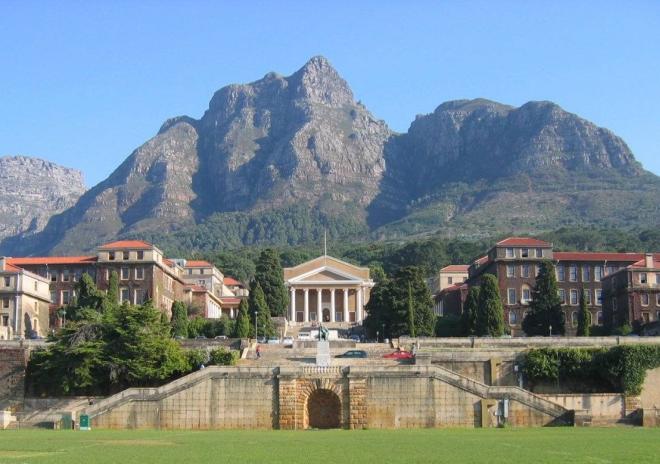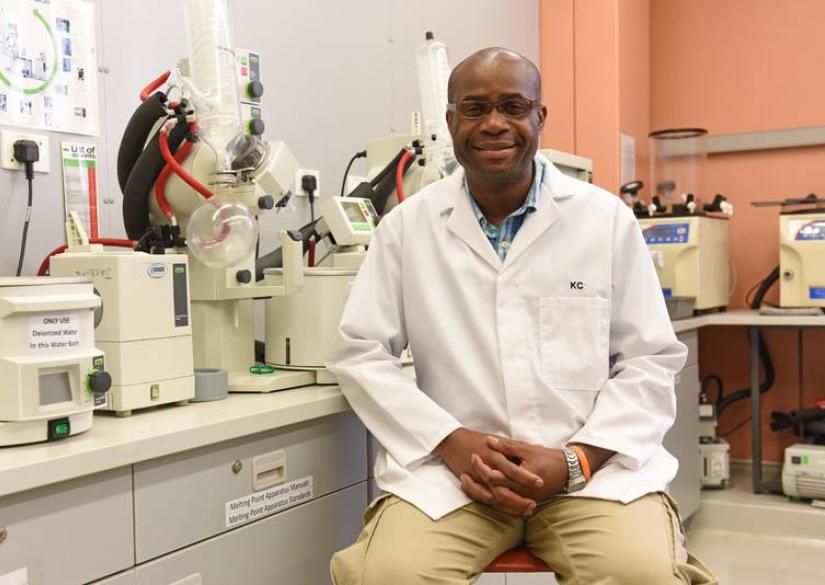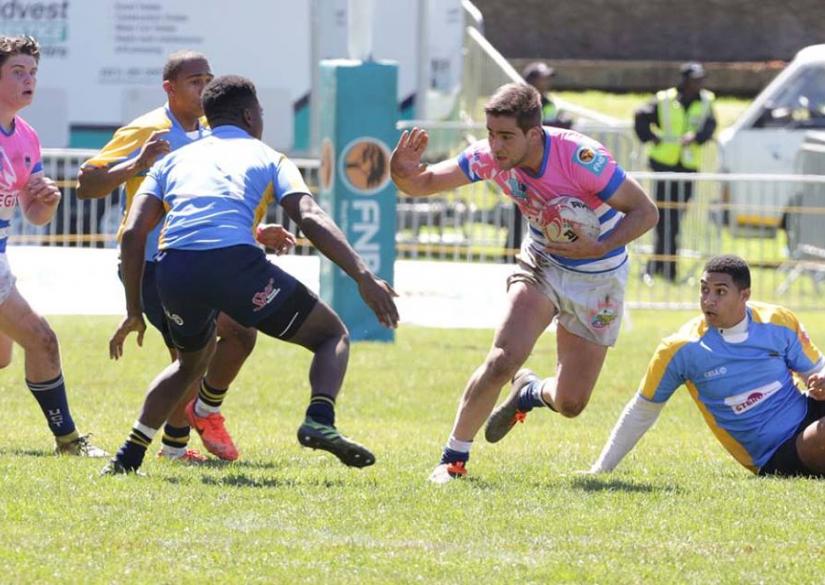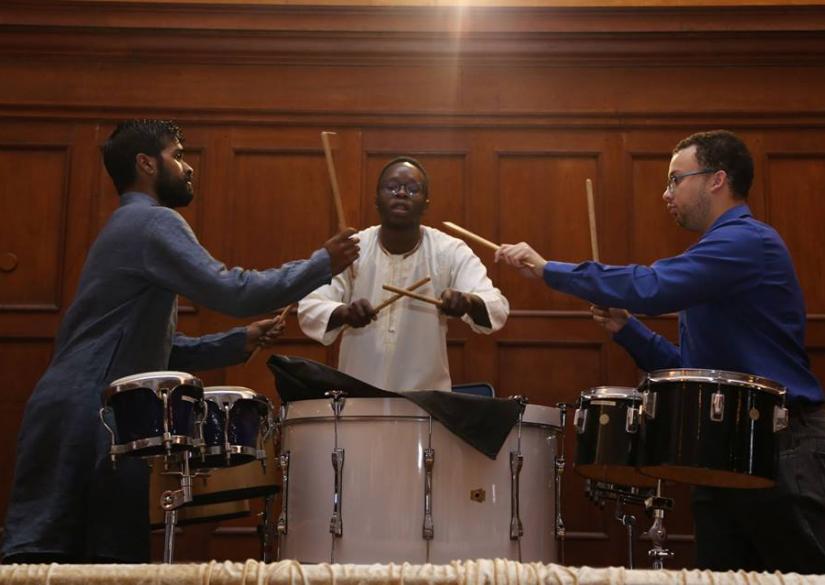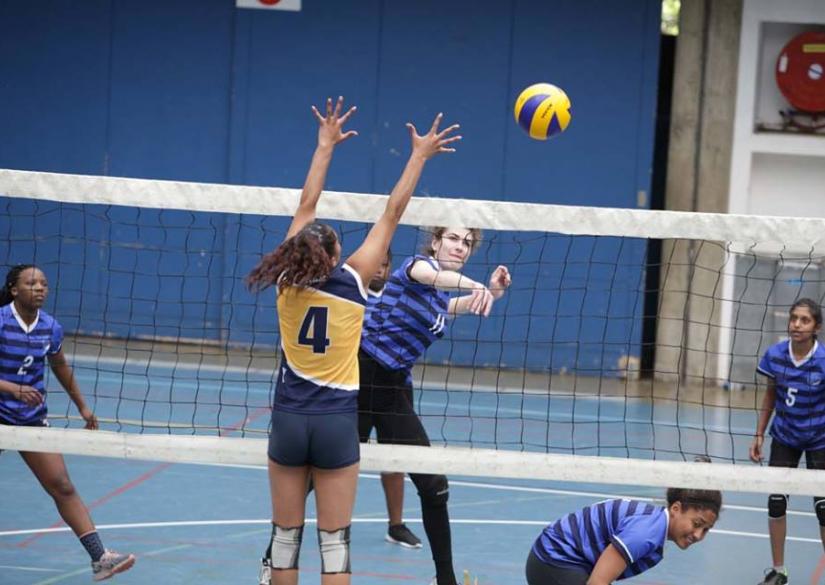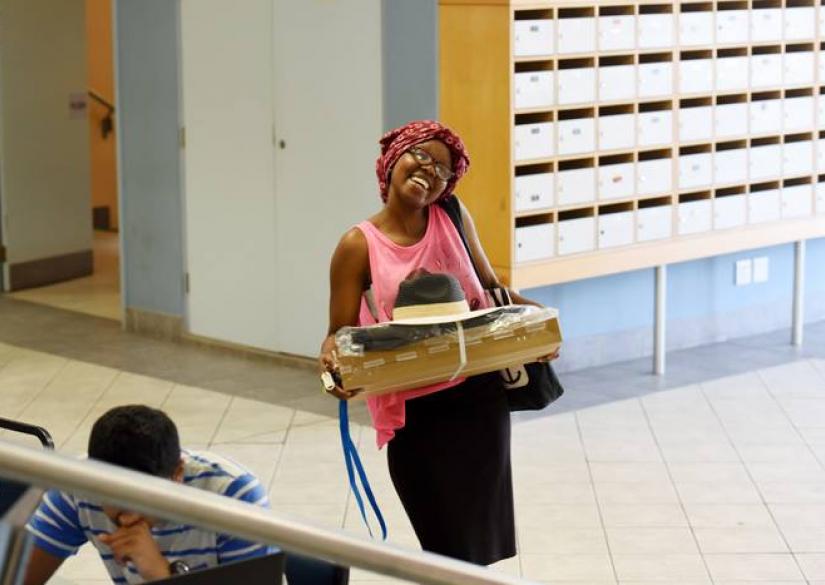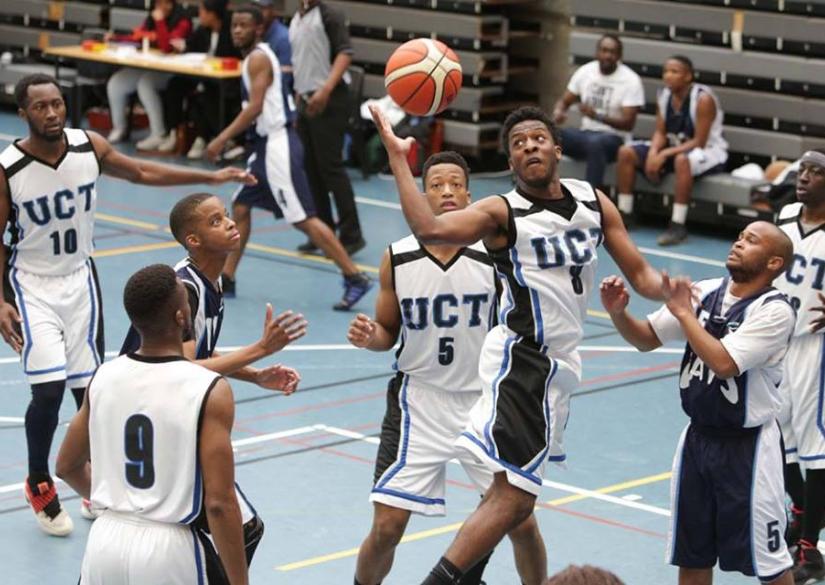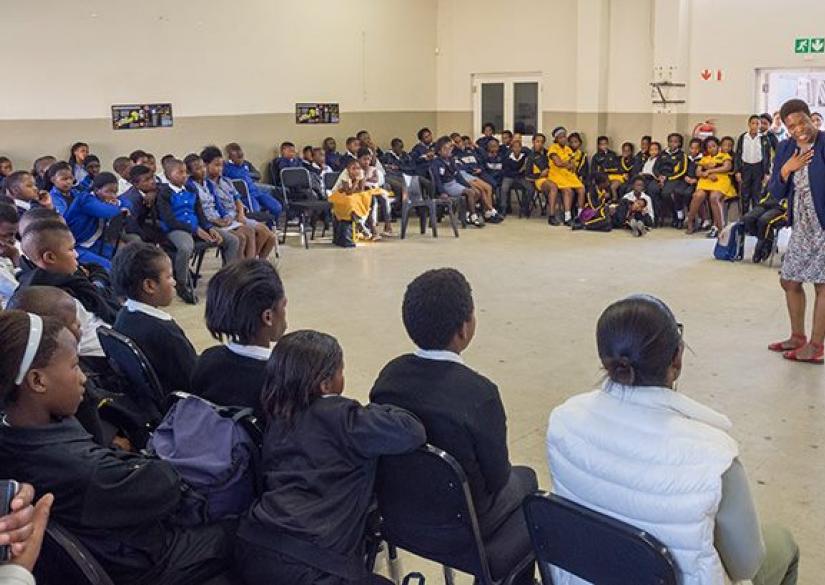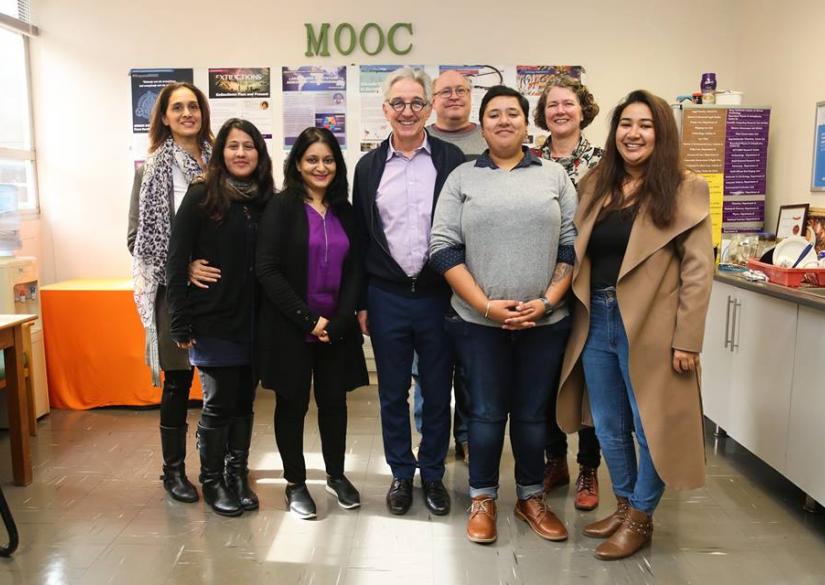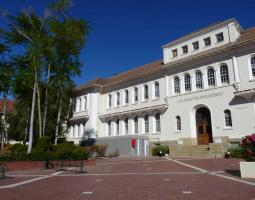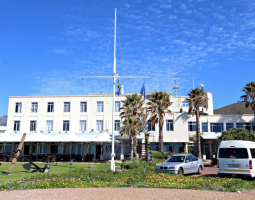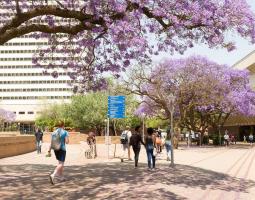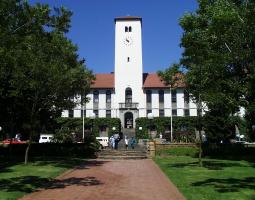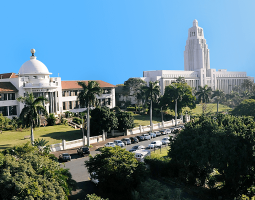University of Cape Town (UCT)
Programs and prices, tuition fees in University of Cape Town (UCT)
Information on the training program can be found on the official website of the school.
Information on the training program can be found on the official website of the school.
Description of University of Cape Town (UCT)
Cape Town University or the University of Cape Town (UCT) is a non-profit, public public institution in Cape Town, South Africa. At the moment, in the international academic rating, the university in South Africa took the 188th position, due to which it entered into five percent of the world's best educational institutions.
UCT is the best research university in the lead on the African continent. The university actively inspires its students to achieve scientific discoveries and outstanding achievements in education, cares about improving the lives of their students and employees, and also promotes the development of a just and stable social order. The university has an exchange program for students and teachers.
Over 19,000 students have chosen the UCT as their alma mater (15% of them are foreigners). Of the total number of students more than 2,000 are represented by different countries. After graduation, the graduates of this institution occupy prestigious positions in various fields around the world.
The university provides training programs in the following areas: accounting, agricultural sciences, business research, drama, economics, engineering graphics and design, geography, history, information technology, science, mathematics, physical science, religious studies, and visual arts.
Facilities and equipment at University of Cape Town (UCT)
The campus is located in the suburbs of Cape Town. Students can live in hostels on campus. Also, students are helped to find housing outside the campus through a specially created service. To services of students dining rooms, cafe, laboratories, premises for employment and places for rest.
The leadership of the university strives to make the life of students bright and rich. More than 100 student communities operate on the campus, including academic, religious, national, cultural, political and other. Students can also choose any of the 40 sports represented: from fencing and jiu-jitsu to hockey, rugby and rowing.
Student societies are managed by students, and any student can become a member of the board. Annually here elections of a management for new academic year are spent. Each community is partially financed by the university, and partly is supported by the user charge.
There is a free transportation system UCT Jammie Shuttle service, designed for transfer of students and employees on the university territory.
The campus has an extensive library, which students can use to prepare for classes. The libraries of the UCT store approximately 1.3 million volumes of publications, occupying 53,349 linear meters of shelves, and there is also a large reading room.
Academic, public and sports life is widely covered in social networks Facebook, Linkedin, Twitter, Youtube, Flickr.
Research activities
Cape Town University is the leader of scientific research work on the continent. Large-scale interdisciplinary research is conducted in the laboratories and centers of the educational institution in the following areas:
- Astrophysics;
- Climatology;
- Protection of Nature;
- Studies of ocean currents and their impact on the climate of Africa;
- Neurology;
- Infectious diseases and molecular medicine. Particular attention is focused on the search for new drugs for the treatment of infectious diseases common in the African continent;
- Preservation of a distinctive African culture and ethnic heritage in the context of globalization;
- The Institute for Democracy, Citizenship and Public Policy in Africa is conducting comparative empirical studies of contemporary African democracy. Previous research has shown that it needs a state policy that will ensure the growth of the well-being of the population, as well as in effective and predictable political institutions, in an active and critical population.
In the University of Cape Town, a loyalty program has been created that promotes disability in obtaining higher education. The Disability Service provides advice, as well as specialist services for the provision of qualified assistance.
Entry requirements, how to apply, what is required to enrol
Anyone wishing to enter the University of Cape can without religious and gender restrictions. Admission is based on grades and passed examinations. To confirm the right to enroll in the undergraduate program, you must contact the admissions office or the relevant faculty. The minimum requirement for admission is the provision of a document on a previous education and a certificate of passing a language test.
All applicants must have a certain level of English proficiency and must provide evidence of this within their application for training. Acceptable for admission is an estimate of at least 570 (for paper) or at least 230 (for computer) for the TOEFL test for knowledge of English as a foreign language. Evaluation should be received no more than five years before the application is filed. For the IELTS test according to the international English language testing system, an assessment of 7.0 points is allowed.
Institution on the map
Residence permits, citizenship and other services
- Guardianship services during the studies
- Student supervision
Review about University of Cape Town (UCT)
Recommendations on when to apply
| Language courses, schools and children's language camps | Primary and secondary education - private schools | Preparation programmes for entering universities - higher education | Higher education (after completing accredited programs A-level, IB, High School) - Bachelor, Master, MBA |
| - we recommend to apply 6-9 months before the start of the course (some camps and schools offer discounts for early booking or for lengthy study programs) - there are some very popular and high demand children's camps, where the applications need to be submitted 1 year in advance (in particular Switzerland , Great Britain , USA , Canada , Austria) | - we recommend to apply one year before the start of the training program, - some schools have a specific time frame (September-November - please specify an individual school) - some schools require tests in several stages (UKISET, internal tests of the school: English, mathematics, logics, subjects, interview, some require a personal visit) | - we recommend to apply one year before the start of the program, - for Foundation and Pathway programs, IELTS and TOEFL certificates are usually required, respectively | - recommended submission one year before the start of the program, - the deadline normally closes in January, for TOP HEIs and, as a rule, in March in other universities - for a bachelor, a Foundation or Pathway preparatory program a completed A-level, IB, High School + IELTS / TOEFL are required - for Masters you need a graduated higher education, in some cases you need a pre-Masters program - MBA requires completed higher education, work experience preferably at least 2-3 years, etc. |


